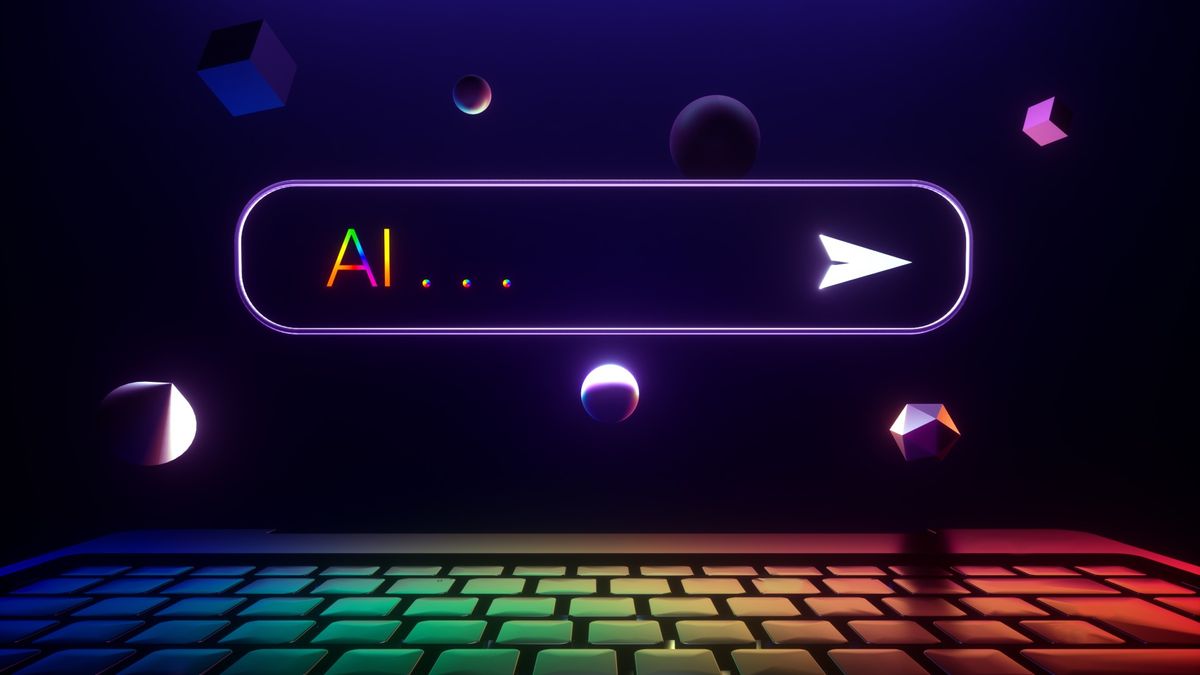OpenAI is officially throwing its hat in the search engine ring, potentially threatening Google’s status as everyone’s internet inquiry go-to. With the organization’s chatbot ChatGPT now integrating a search engine feature dubbed SearchGPT, some experts are pondering whether this spells the end of Google.
Generative artificial intelligence has already caused shifts in the search engine ecosystem. Google has been slowly reinventing itself to keep up with the technological shift by integrating AI-generated answers at the top of their search results, a new feature dubbed “AI overviews.” It has also faced some competition with the introduction of Perplexity AI, an AI-enhanced search engine that has received “more than $400 million in funding,” said The Washington Post.
ChatGPT is arguably one of the biggest names in AI, but for now, “Google remains the dominant way people find information online,” the Post said. Whether or not that will remain true once SearchGPT gets going is up for debate.
Subscribe to The Week
Escape your echo chamber. Get the facts behind the news, plus analysis from multiple perspectives.
SUBSCRIBE & SAVE
Sign up for The Week’s Free Newsletters
From our morning news briefing to a weekly Good News Newsletter, get the best of The Week delivered directly to your inbox.
From our morning news briefing to a weekly Good News Newsletter, get the best of The Week delivered directly to your inbox.
ChatGPT search ‘feels like a helpful friend’
ChatGPT search is “all the things early Google was before it started monetizing our eyeballs,” Lance Ulanoff said at Tech Radar. The ad-free, clean interface hearkens back to the elder engine’s early days. The modern Google search engine “carries so much water” for all of its other products and services and its “voracious need for revenue,” making it “unrecognizable from the search engine I loved in 2003,” Ulanoff added. It is admittedly still “way too early” to definitively crown SearchGPT as the better search engine, and it is doubtful that “OpenAI’s knowledge graph is anywhere near as rich as Google’s,” Ulanoff said. “Even so, right now, ChatGPT search just feels better.”
Both search engines excel differently but also “cater to slightly different needs,” Amanda Caswell said at Tom’s Guide. If you want comprehensive search results with plenty of sources and visuals, “Google is still the powerhouse.” However, if you are prioritizing “clear, ad-free, conversational responses,” ChatGPT offers a “streamlined, user-friendly experience” that could “easily become a staple for everyday queries.” ChatGPT search’s “clutter-free answers” are “thorough and reliable,” and the results “feel as though they are just for me,” Caswell said. In a “cluttered web,” ChatGPT “feels like a helpful friend.”
Not a ‘Google search killer’
After temporarily switching to ChatGPT search as a default search engine for about a day, “I quickly switched back to Google,” said Maxwell Zeff at Tech Crunch. OpenAI’s search feature was “impressive in some ways” and offered a “glimpse of what an AI-search interface could one day look like.” But for now, it is “still too impractical to use as my daily driver,” Zeff added. In its current form, ChatGPT search is not yet reliable enough for what “people use Google for the most: Short, navigational queries.” Google’s prowess with short keyword questions has made the original search engine “indispensable,” and until OpenAI can do that well, “Google is still going to be the mainstay for many people.”
Making ChatGPT your primary search engine “doesn’t make sense just yet,” Calvin Wankhede said at Android Authority. The overall experience with the new engine is “still rather barebones,” and the “chatbot has limited means to fetch real-time information.” Searching for follow-up information can “also be quite tedious,” since ChatGPT does not “offer related search suggestions like Google.” Overall, OpenAI’s search engine is a “good starting point” and a “great secondary source of information,” said Wankhede. Yet despite what OpenAI says, it is “not a search engine replacement and I would caution against relying on it for any critical task.”
ChatGPT will not be able to dethrone Google search on its own, said Conor Grennan, the chief AI Architect at NYU Stern School of Business and the founder of the consultancy AI Mindset, to Forbes. ChatGPT search will not “be a Google search killer, but not because of its quality,” Grennan said. The nascent product “simply can’t compete with the sheer distribution of Google,” nor the “comfort people have with using Google.”










